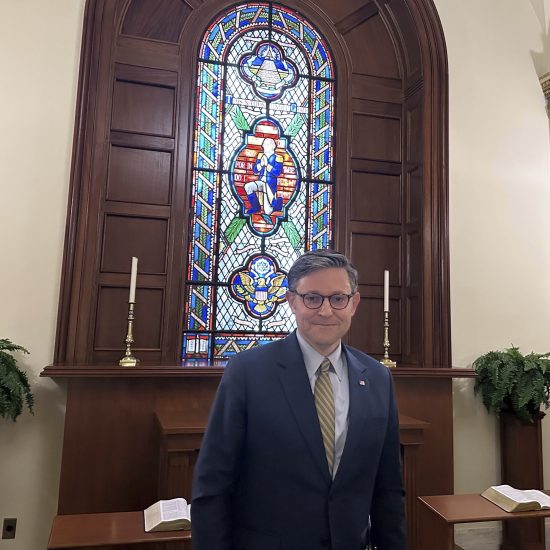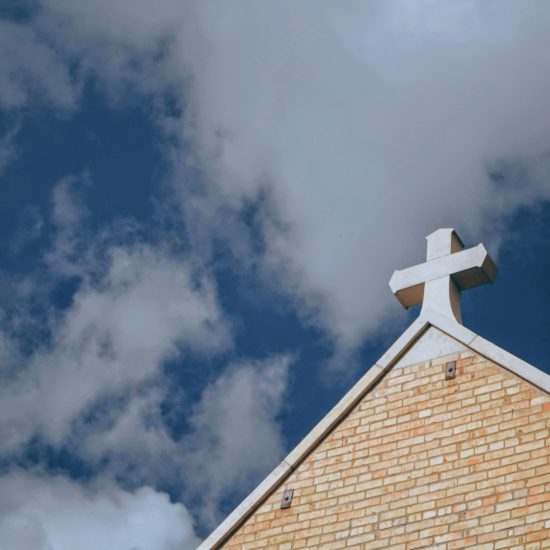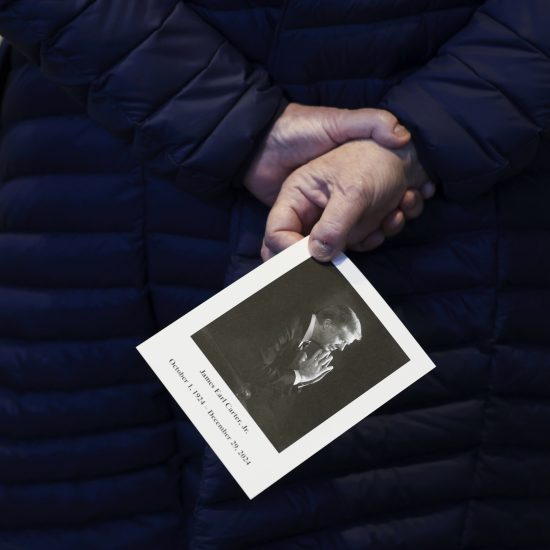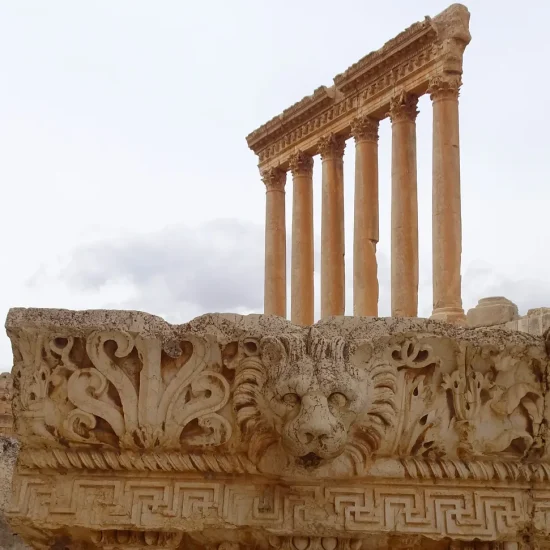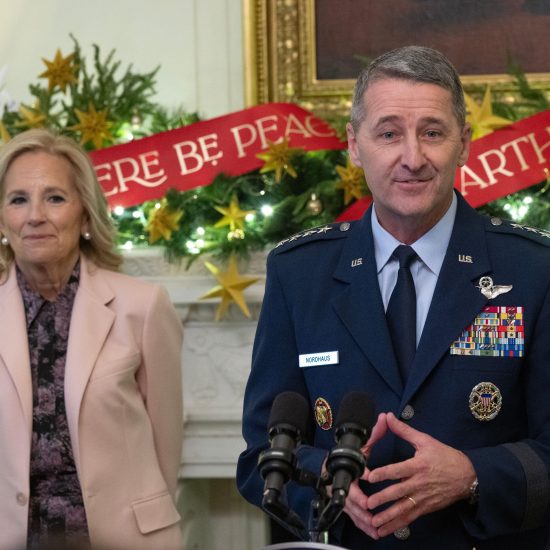Seventy-five years ago —as our nation’s leaders shamefully interned more than 120,000 Americans of Japanese descent — Baptist missionaries instead shared the love of Jesus. President Franklin D. Roosevelt signed an executive order on Feb. 19, 1942 that excluded Japanese Americans from the West Coast. The next month, he created the War Relocation Authority that forcibly moved people to spend the next three years in internment camps in Arkansas, Arizona, Colorado, Wyoming and elsewhere.
 Despite the president’s orders, Baptist missionaries urged Americans following the attacks on Pearl Harbor to keep sharing God’s love to Japanese people. The Feb. 26, 1942 issue of Word&Way included a piece by George Sadler of the Southern Baptist Convention’s Foreign Mission Board (now International Mission Board) urging Americans to avoid “two dangers”: the temptation to give into fear and the temptation to stop loving one’s enemies. He urged Southern Baptists to pray for the people of Japan since “our Saviour has not deserted Japan and Germany and Italy.”
Despite the president’s orders, Baptist missionaries urged Americans following the attacks on Pearl Harbor to keep sharing God’s love to Japanese people. The Feb. 26, 1942 issue of Word&Way included a piece by George Sadler of the Southern Baptist Convention’s Foreign Mission Board (now International Mission Board) urging Americans to avoid “two dangers”: the temptation to give into fear and the temptation to stop loving one’s enemies. He urged Southern Baptists to pray for the people of Japan since “our Saviour has not deserted Japan and Germany and Italy.”
Sadler also recounted the history of Baptist work in Japan and noted that one missionary — Maxfield Garrott — even chose to stay in Japan as “a living testimony” to “our Japanese Baptist brethren and sisters” that “Southern Baptists have not deserted them.” Garrott eventually returned to the U.S. two years later — and started ministering to Japanese Americans interned in Arkansas. After the war, he resumed his work in Japan. The Oct. 1, 1942 issue of Word&Way noted the Foreign Mission Board provided Bibles to Japanese pastors in the internment camps.
Missionaries with the Northern Baptist Convention (now American Baptist Churches USA) also ministered in the camps, renting nearby homes so they could serve those forced to live behind barbed wire. One missionary traveled 56 times between Seattle and a camp in Idaho about 700 miles away to retrieve belongings of interned families who had only been allowed to bring what they could carry. The missionaries also helped Japanese American families restart their lives after being released from the camps with little money and often no home to which they could return. “A Church Stands with its People,” a short film by the American Baptist Home Mission Societies on this topic, can be watched online: youtu.be/q4tY2zZxuIs.
In the midst of a nation giving into fear and losing sight of its moral principles, Baptist missionaries kept ministering — even to those deemed “alien enemies.” Yet ministering to interned Japanese Americans in the 1940s was not the exception, but the normal practice of Baptist missionaries. As a new film shows, missionaries in Nigeria in 1966 risked their own lives to save others as genocidal violence swirled around them (see pages 16-17). Missionaries in each generation have ministered to refugees and those suffering from persecution, famine or other hardships. Missionaries represent our finest moments and remind us who Christ’s love compels us to be in the world.
Seventy-five years after World War II, some governmental voices again urge us to fear those who do not look like us. These voices want us to exclude the “aliens.” Our missionaries once again show that Christ’s love transcends national borders and ethnic differences. Politicians may not wish to welcome refugees, but missionaries show a better way. Cooperative Baptist missionaries like Chaouki and Maha Boulos in Lebanon. American Baptist missionaries like Larry Stanton in Serbia. Southern Baptist missionaries like Layla Murphy in Southeast Asia. Others continue to welcome refugees in our nation (see pages 8-9). We are at our best when we follow the spirit of these missionaries, not the dictates of those who preach fear and hate.

